Growing up as a boomer latchkey kid turned ordinary kids into self-sufficient legends.
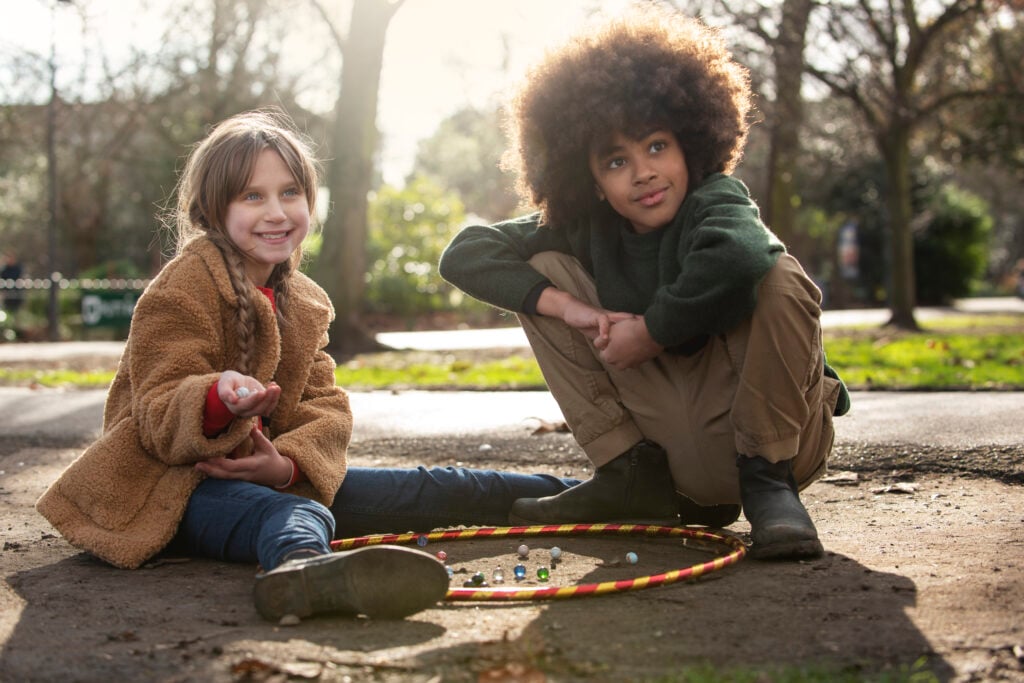
Coming home to an empty house, managing homework without reminders, and making your own snacks wasn’t just part of the routine—it was the training ground for life. Boomer latchkey kids didn’t have helicopter parents hovering over every decision, which meant they developed character traits that today’s hyper-scheduled kids might never experience. Independence wasn’t a choice; it was the default setting.
While some might call it “neglect,” those solo afternoons shaped resilient, resourceful adults with a unique blend of grit, adaptability, and unshakable confidence.
1. Independence wasn’t optional—it was survival.
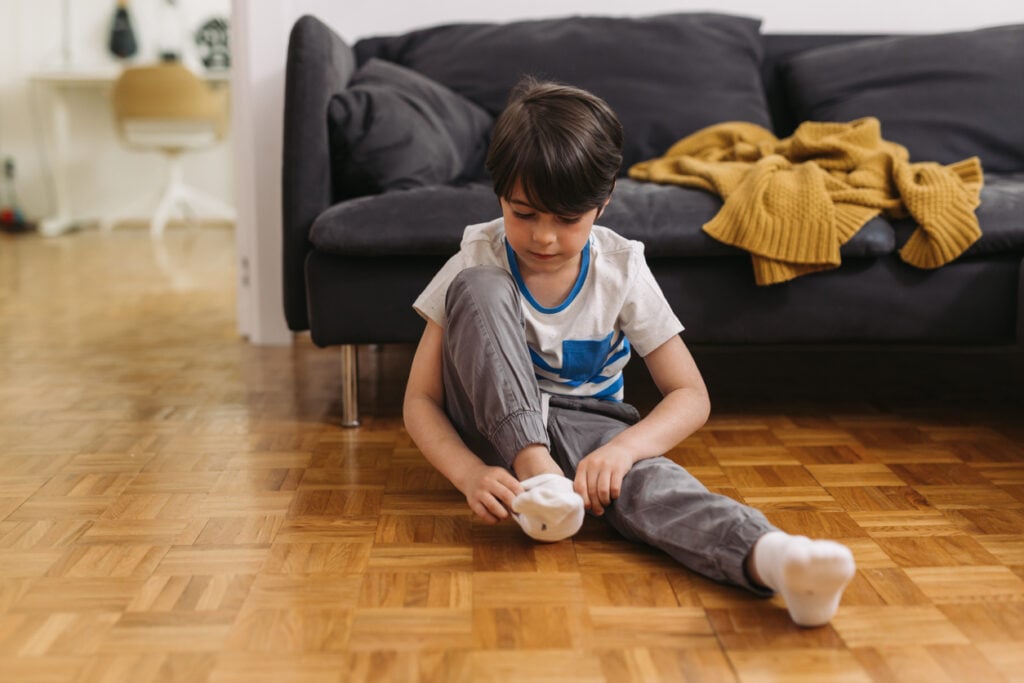
Latchkey kids learned early on how to handle things on their own. There was no waiting for someone to solve problems because no one was around to do it. Need a snack? Figure it out. Homework confusing? Tough—time to power through. According to Science Direct, that constant self-supervised solo time forced kids to rely on themselves, which created a deep-rooted sense of independence that carried into adulthood.
This trait helped boomer latchkey kids become adults who don’t flinch at challenges. They’re used to making decisions without needing validation, trusting their instincts, and handling responsibilities without hand-holding. While it might’ve felt lonely at times, it built the kind of self-reliance that’s hard to shake.
2. Problem-solving became second nature.

When you’re left to your own devices, problems don’t wait for an adult to come home—they demand solutions now. Latchkey kids had to troubleshoot everything, whether it was fixing a jammed VCR, handling a sibling dispute, or figuring out how to reheat leftovers without a microwave tutorial.
This constant exposure to small (but important) problems trained their brains to approach life with a “how do I fix this?” mindset, according to Attention Max. Instead of panicking or feeling overwhelmed, they learned to assess situations, think critically, and come up with solutions quickly. That ability to problem-solve on the fly became one of their strongest adult superpowers.
3. Resilience was built into their DNA.
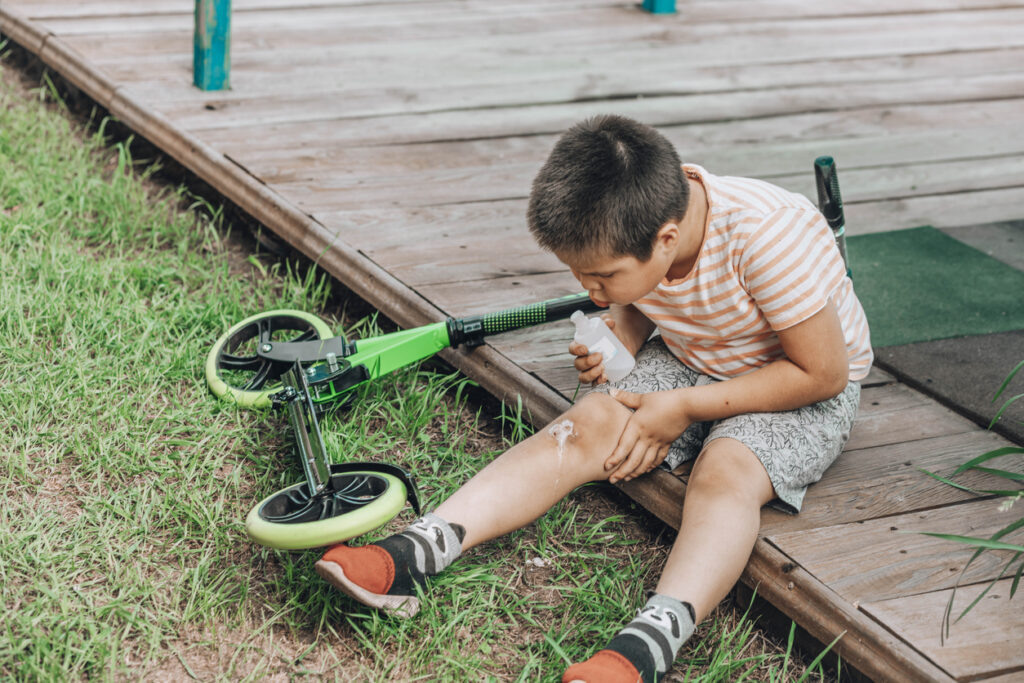
Latchkey life wasn’t always smooth sailing. There were days when things went wrong—burnt dinners, missed buses, forgotten keys. But those setbacks didn’t break boomer latchkey kids; they toughened them up. Facing challenges regularly without immediate adult intervention taught them how to bounce back, adapt, and keep moving forward, according to Dallas News.
That resilience didn’t fade with childhood. As adults, they’re not easily rattled by life’s curveballs because they’ve been handling disruptions since grade school. They know how to roll with the punches, learn from mistakes, and keep pushing through, even when things don’t go as planned.
4. Time management was learned the hard way.

Without a parent hovering to keep them on track, latchkey kids had to figure out how to juggle homework, chores, and downtime on their own. No one was there to remind them to finish their math worksheet or start dinner at the right time. They learned through trial and error—like realizing that watching cartoons first meant scrambling to finish assignments before bedtime.
This early exposure to managing their own schedules taught them the importance of prioritizing tasks and staying organized. It’s a skill that translated seamlessly into adulthood, helping them meet deadlines, balance responsibilities, and stay productive without needing external pressure.
5. Self-sufficiency became a badge of honor.

Boomer latchkey kids took pride in their ability to handle things on their own. Making their own meals, locking up the house, and even managing minor emergencies gave them a sense of competence and confidence. They didn’t wait for someone else to step in—they handled it themselves.
That self-sufficiency carried over into adulthood, shaping individuals who don’t shy away from responsibility. They know how to cook, clean, budget, and fix things because they’ve been doing it since they were kids. It’s not just a skill set—it’s an identity rooted in capability and confidence.
6. Emotional toughness came with the territory.
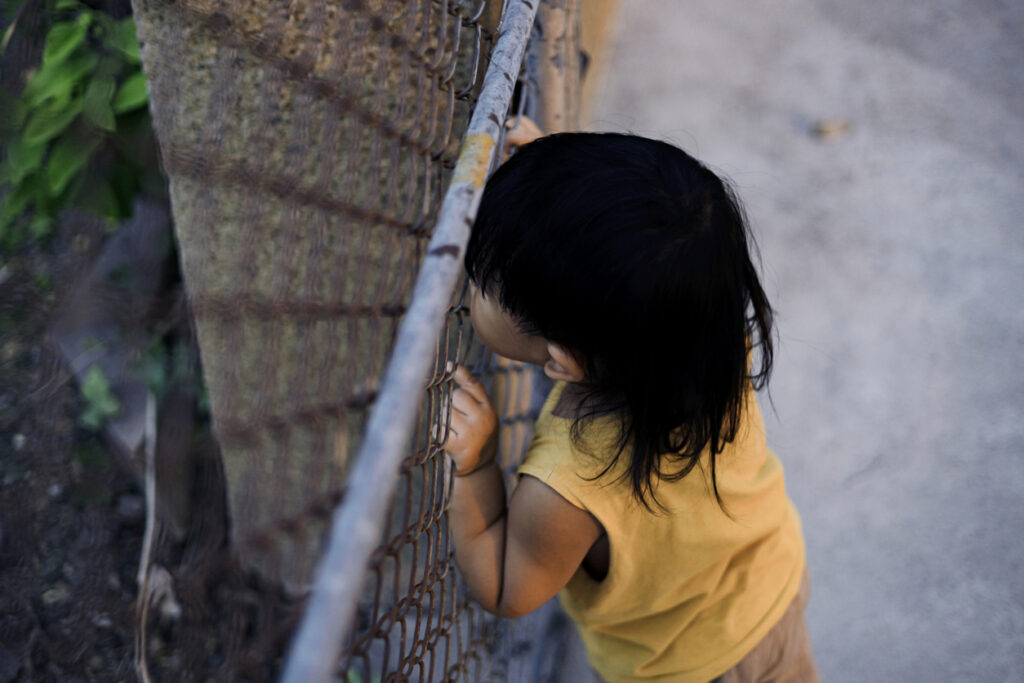
Spending a lot of time alone meant dealing with feelings solo. There wasn’t always someone there to talk through a bad day or offer comfort after a tough moment at school. Latchkey kids learned how to process emotions internally, which helped them develop a certain level of emotional toughness.
While this trait can sometimes lead to bottling things up, it also fosters resilience. They learned to self-soothe, reflect, and move past emotional hurdles without needing constant reassurance. That inner strength helped them navigate the ups and downs of adulthood with a level-headed approach.
7. Adaptability became second nature.
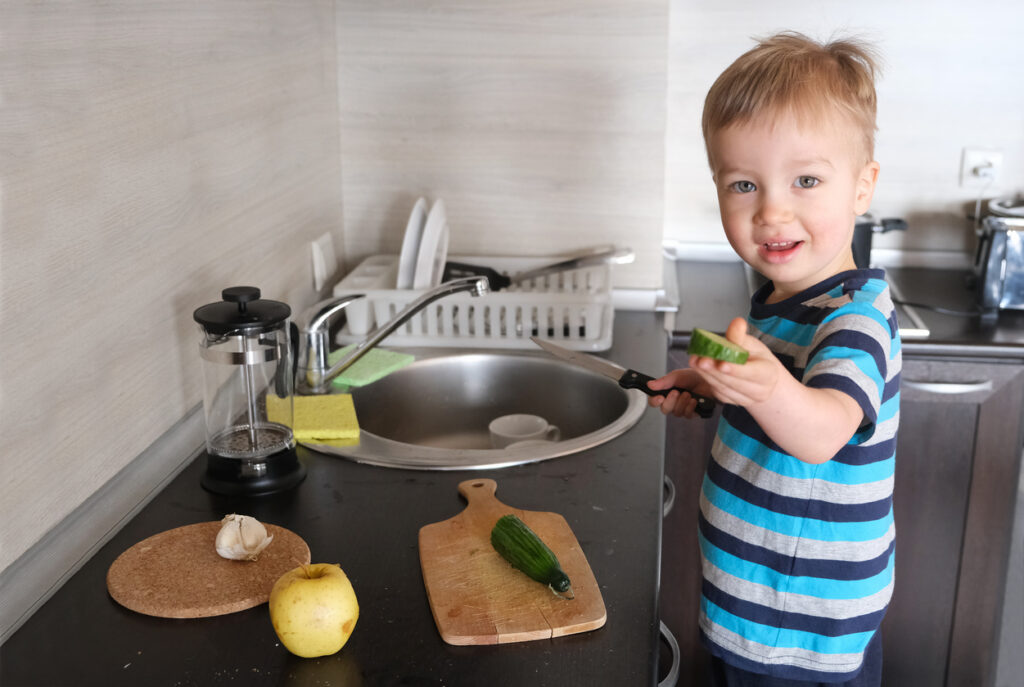
Latchkey kids had to roll with the punches—whether it was a last-minute change in after-school plans, an unexpected chore list, or dealing with a forgotten house key. Flexibility wasn’t a luxury; it was part of daily life. Plans changed, problems popped up, and they had to adapt quickly.
This adaptability stuck with them into adulthood. They’re not rigid or thrown off by change because they grew up in an environment where unpredictability was the norm. Instead of resisting new situations, they adjust, problem-solve, and find ways to make things work.
8. Creativity flourished in quiet moments.

Without constant supervision or structured activities, latchkey kids had to entertain themselves. This often meant getting creative—building forts, inventing games, or diving into hobbies without adult guidance. Boredom wasn’t a problem; it was the spark for imagination.
That early creative independence helped foster innovative thinking that lasted into adulthood. They learned how to think outside the box, approach challenges with fresh perspectives, and find joy in simple activities. Creativity wasn’t something taught in a classroom—it was a byproduct of unsupervised afternoons.
9. A strong sense of responsibility developed early.

Latchkey kids often had responsibilities beyond their years—looking after younger siblings, starting dinner, or making sure the house was secure. These weren’t optional tasks; they were part of the daily routine. Learning to take responsibility early built a strong work ethic and sense of accountability.
As adults, this translates into people who show up, follow through, and don’t make excuses. They understand that actions have consequences, and they take ownership of their decisions. Responsibility isn’t something they grew into—it’s been part of their identity since childhood.
10. Resourcefulness was key to getting through the day.

When something broke, there wasn’t always an adult around to fix it. Latchkey kids had to get creative—using duct tape to hold things together, figuring out how to reach the top shelf with makeshift tools, or improvising when they ran out of ingredients. They learned to make do with what they had.
That resourcefulness became a life skill. As adults, they don’t panic when things go wrong—they find solutions. Whether it’s fixing a leaky faucet, navigating a last-minute work crisis, or handling a travel mishap, they’re quick to think on their feet and figure things out.
11. Confidence grew with every small victory.

Each time a latchkey kid solved a problem, handled a responsibility, or navigated a challenge alone, it added to their sense of competence. These small victories—making dinner without burning it, getting homework done on time, or managing a minor emergency—built confidence layer by layer.
This self-assurance didn’t disappear with age. It grew stronger, shaping adults who trust their abilities and aren’t afraid to tackle new challenges. They know they can handle life’s curveballs because they’ve been doing it since they were kids. Confidence wasn’t handed to them—it was earned through experience.
